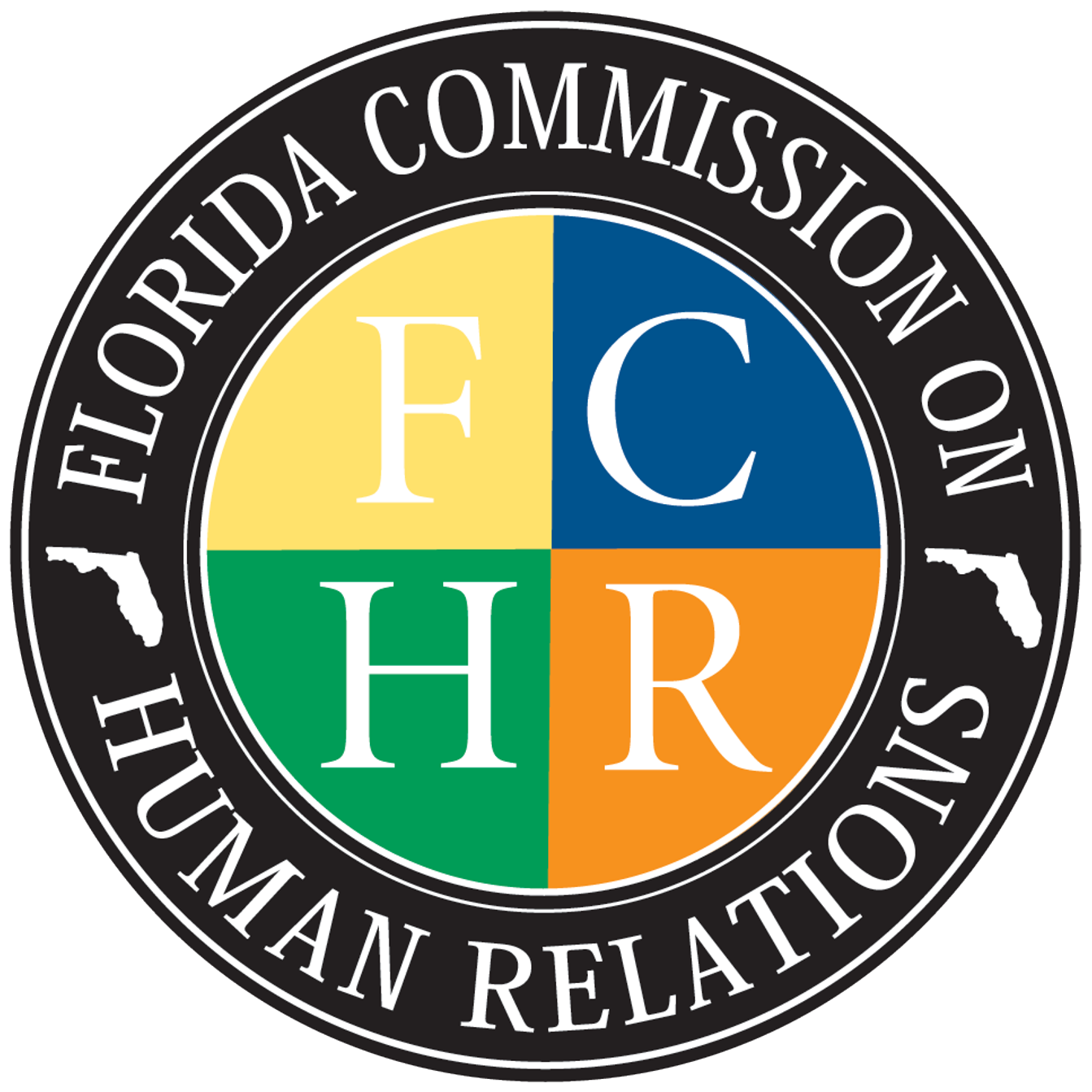TALLAHASSEE – Members of the Florida Commission on Human Relations (FCHR) today unanimously selected Tampa attorney Gilbert M. Singer to serve as the chairman for the next two years. Commissioners also appointed Michelle Wilson to serve as the Commission’s executive director, overseeing the daily operations of the state’s leading anti-discrimination agency.
Singer, who is a shareholder in the Marcadis Singer law firm, has served on the Commission since his appointment by Governor Jeb Bush in 2002. Chairman Singer was reappointed in 2007 by Governor Charlie Crist, and last month was reappointed to another term by Governor Rick Scott. As chairman, Singer will provide broad policy guidance to the Commission office and will provide a visible face for FCHR at the Capitol and around the state.
“The Commission plays an important role protecting Floridians from the destructive effects of discrimination where they work and live,” Chairman Singer said. “FCHR has done a tremendous job of doing more with less over the past several years, meeting its statutory duties while maintaining vital services to the public. I look forward to working with Commissioners and staff to make sure citizens’ needs continue to be met in the future.”
Singer is a long-time member and past president of the Kiwanis Club of Tampa and is a past Kiwanian of the Year. He has been extremely active as a board member for Joshua House, Kids Charity of Tampa Bay and LifeLink, and has served on the Citizens Advisory Commission to the Hillsborough County Board of County Commissioners. He is a past recipient of the Florida Bar President’s Pro Bono Service Award.
Commissioners also unanimously named Wilson as permanent executive director. She has served as an interim co-executive director since the retirement of Derick Daniel in June. Previously, Wilson served as FCHR’s budget director. A Gainesville native who spent most of her childhood in Tampa, Wilson earned a bachelor’s degree in business economics from Florida A&M University. Before joining FCHR as budget director in 2001, Wilson held budget-related positions for the Senate Appropriations Committee, the Governor’s Office and the Department of Management Services.
Larry Kranert, who had been the Commission’s other interim co-executive director, will serve as deputy executive director while also continuing in his role as FCHR general counsel.
Also during the meeting, Commissioners honored the service of Dr. Donna Elam, who completed two terms as Commission chair. Elam, an Orlando resident who is a nationally recognized authority in diversity and cultural competence training, is Associate Director for Program Development and External Affairs at the David C. Anchin Center, housed in the University of South Florida College of Education.
FCHR works to prevent unlawful discrimination by investigating and working to resolve complaints of discrimination in the areas of housing, employment and public accommodations, as well as whistle-blower retaliation against state employees and contractors. Since its creation in 1969, the Commission has investigated and closed more than 74,000 cases while enforcing the Florida Civil Rights Act, the Florida Fair Housing Act and the Florida Whistle-blower’s Act. Since 2006, Florida businesses have saved at least $12 million per year by participating in FCHR mediation services, thus avoiding costly lawsuits.
